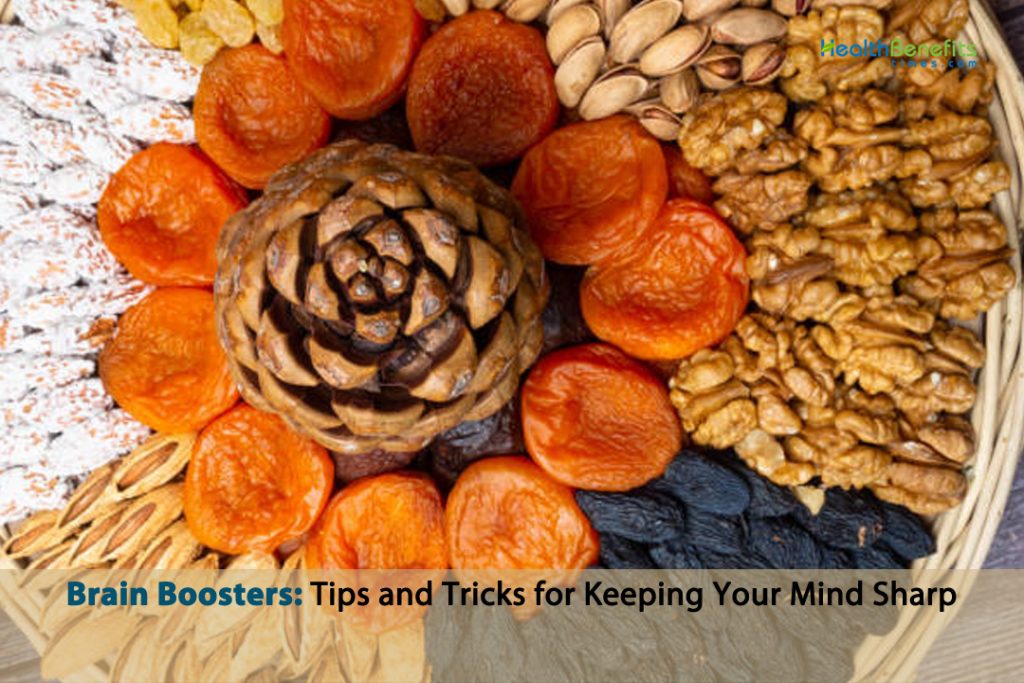The American Academy of Pediatrics recommends that children under the age of two should avoid screens, including TV, as it can hinder their brain growth. Instead, parents should encourage toddlers to play and engage with them in activities like cooking. Research in the UK shows that a two-year age gap between siblings can improve their academic performance as parents can give enough time to the elder child before caring for the younger one.
Learning new skills that challenge the brain, like juggling or drawing, helps grow white and gray matter in the brain. Physical exercise, such as walking, swimming, and playing sports, can increase oxygen levels in the brain, benefiting academic performance. Eating fresh or dried fruits, whole-grain cereals, and oily fish can improve brain health, while sugary treats can lead to brain fog, mood swings, and a bad mood. For older adults, playing online war games that challenge the mind can help improve cognitive skills and mental agility.
Live Two years without TV
The American Academy of Pediatrics says that watching TV can slow down the growth of toddlers’ brains. Studies have shown that kids under the age of two grow better if they don’t have a lot of screens around them. This means that they shouldn’t be around computers, video games, or even screens that are on in the background. Parents are told not to put their kids in front of the TV when they are busy. Instead, they should encourage them to play or take them into the kitchen and talk to them.
Wait two years between births
Researchers in the UK have found that giving kids at least two years between them can make them smarter. In a study with thousands of kids, it was found that two years of age difference between brothers was the best way to help both kids do well in school. When there are fewer years between children, parents may not have enough time to help the older child with math and reading because they have to take care of the younger child. But the ability of the children won’t improve more if the time between visits is longer than two years.
Learn to juggle
Researchers from the UK say that learning a new and difficult skill to do with your hands, like spinning, can make your brain work better. Even if you aren’t very good at the new task, learning it still helps your brain grow white matter, which connects what you see to how you move, and gray matter, which helps you think. Even if you don’t do well, your brain makes new nerve connections, and the effects last even if you stop practicing the skill. Even though the study was about juggling, the same effects can be seen with any hands-on skill, like drawing or fixing a motorcycle.
Get them running
Dutch scientists say that taking your kids to the park is not only good for their physical health, but also helps them do better in school. The brain needs 20% of the oxygen in the body, and increasing the amount of oxygen in children’s bodies has big effects for their brains. Even people who do well in school can benefit from working out regularly. By getting your kids to walk, swim, ride bikes, and play sports, you can help their brains get more air.
Fruit help overcome “brain fog”

You may have had the feeling of “brain fog,” in which your mind feels numb and it’s hard to think. For the nervous system to work well, it needs a lot of glucose, but eating sugary treats to get rid of brain fog is not the best idea. Even though it may make you feel more awake at first, it can lead to even more brain fog, mood swings, and a bad mood. Instead, give your brain the fuel it needs by eating fresh or dried fruits, whole-wheat pasta, beans, or low-sugar, whole-grain breakfast cereals.
Play war games
US experts say that if you’re an older adult and feel like your mind is getting duller, playing online war games may be a good way to improve your cognitive skills. After just a few hours of playing certain types of games that challenge your mind, you can tell that your mental agility and attention have gotten better. The best games are ones that put players in new situations and urge them to talk to each other. You could ask younger family members for help and maybe even a lesson on the best games.
Eat oily fish twice a week
Fat is important for brain health, but it’s important to get the right kinds. Trans fats, which are found in processed foods, can clog arteries and slow down the brain. Saturated fats, which are found in full-fat dairy and fatty meats, can also do this. Omega-3 fatty acids, which are found in oily fish and fish oil, are important for the health of the brain. To add good fats to your diet, do the following:
- A few times a week, eat fatty fish.
- When cooking, use canola, flaxseed, and olive oils.
- Dressings and drizzles can be made with these oils.
- Eat some pumpkin seeds or walnuts as a snack.
Include blueberries to yogurt
One of the best ways to protect and improve your memory is to eat berries, which are small but very healthy foods. This may be because they have a lot of vitamins that protect the brain. Also, apples, bananas, strawberries, pomegranates, oranges, and spinach, among other fruits and veggies, can protect the nerve cells in your brain in the same way.
Avoid drinking binges
When you drink too much on a regular basis, it can hurt your brain and other systems like your heart and liver. When a person drinks too much, nerve cells can die, which can lead to lasting brain damage. To keep your brain healthy, it’s important to stay within the rules for how much alcohol you can drink and to stop drinking too much.
Keep cool, stay alert
Accidents at work can happen more often if your body temperature goes up. If you’re hot and uncomfortable, you should take a break and cool down before doing something mentally taxing, like driving or running heavy machinery. Staying hydrated with a cool drink will help keep your body temperature in check and keep you awake and on task.
Use music to your advantage
A Canadian study found that learning to play a musical instrument makes people smarter. The IQs of children who took music lessons went up by seven points. Adults can lower their amounts of the stress hormone cortisol by drumming, which is also good for brain health. Singing is also good for the brain because it is an aerobic practice that raises the amount of oxygen in the blood and makes you feel less stressed. If you don’t already do something musical, try learning an instrument or joining a band. Both will help your brain.
Drink more to protect your brain
Not only is it important for your physical health, but it’s also important for your brain to work well. Even mild dehydration, which is described as a 2% drop in body fluids, can make it 20% harder to think. So, it’s important to drink a lot of water and other fluids that don’t contain booze throughout the day to stay hydrated and keep your mind sharp.
Take a power nap
According to recent research, napping can be more beneficial than drinking caffeine for enhancing cognitive skills like information, vocabulary, eyesight, and hearing. According to studies, individuals who napped during cognitive tests outperformed those who drank two cups of coffee in the afternoon. Coffee drinkers thought they were more attentive, but the nap actually had a more noticeable impact. Consider having a quick nap during your lunch break if you start to feel sleepy in the afternoon to help sharpen your cognitive function.
Comments
comments
